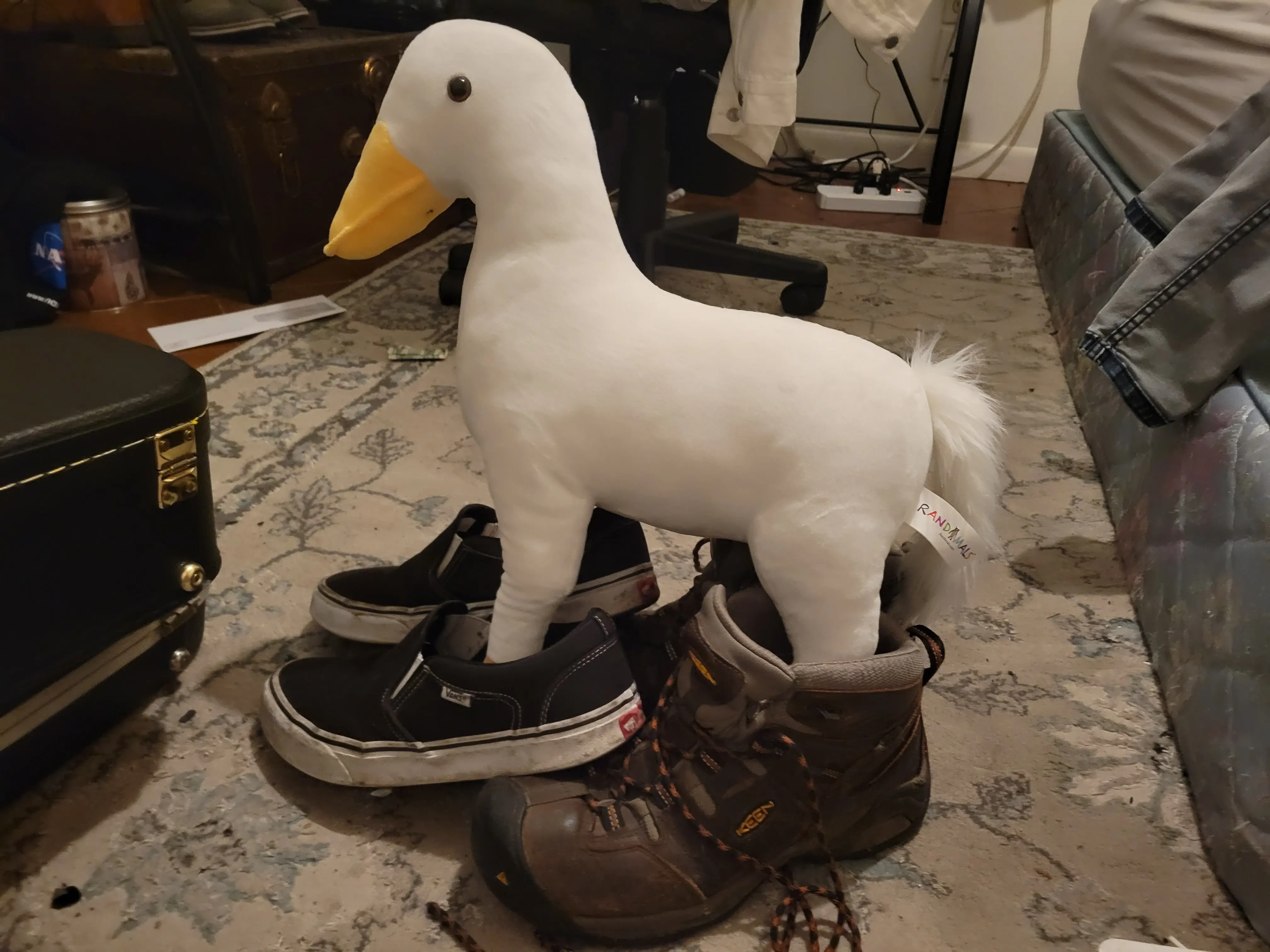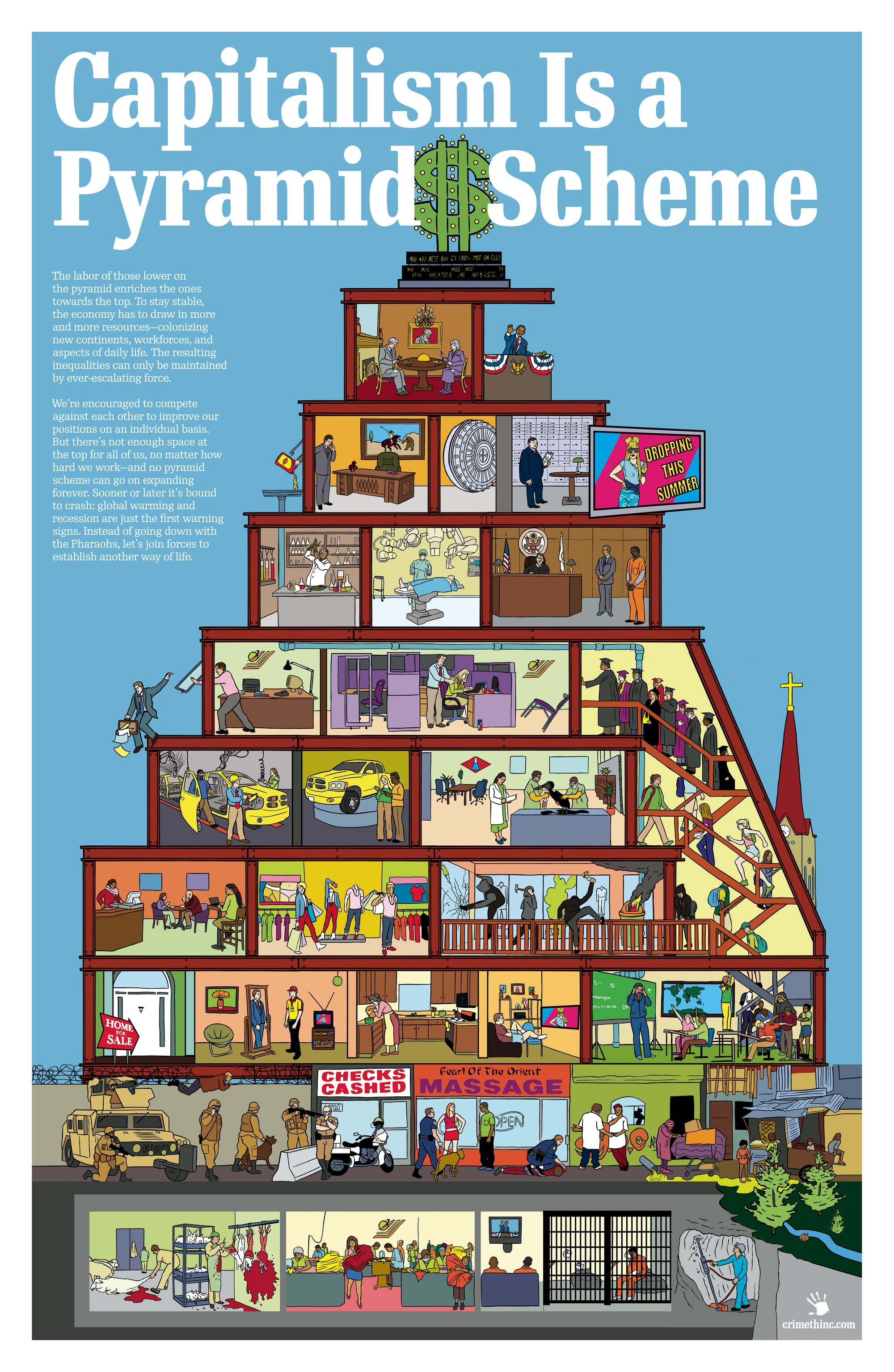

I’m working my way through House of Leaves right now, and the real horror is the grad school flashbacks from trying to follow the footnotes.


I’m working my way through House of Leaves right now, and the real horror is the grad school flashbacks from trying to follow the footnotes.


I started on a small instance that fortunately gave a heads up when they decided to shut down. When I moved to a second, small instance where I ported all my community subscriptions, it shut down with no warning. It’s a shame, because both instances were topically-focused and small enough to avoid defederation drama.
I love the idea of decentralized infrastructure, but now I’m on .world because I just don’t have the time or willpower to move every few months, and I definitely don’t have the wherewithal to run my own instance.
OneDrive decided to kick on after an overnight update and uploaded some projects and vst plugins to the cloud. Apparently, the files weren’t accessible except via the cloud, so I lost a few hours re-downloading my folders before I could do anything. I don’t know if I’ve ever been more furious over technology that I theoretically owned.
I got a PC in order to eventually go back to Linux, where at least I know that when something goes wrong, it’s generally my own fault and somewhat easy to troubleshoot. Unfortunately, the plugins I’ve been using only have Windows and Mac versions. If I had done a bit more research, I probably would have just gone with an apple device.


Sure, but why’s the coke mirror on the floor??


That’s not Shrek, that’s Marshall Applewhite


I’ve had the pleasure of working with this band several times — they are super nice, and I’m glad to see them getting some exposure. Looking forward to hosting them again later this year!
Definitely worth catching a live performance if they’ll be in your area.

I like this one

You’re probably right about fatcats collecting royalties from legacy artist catalogs/tying folks up in lopsided deals, and that probably won’t stop as long as capitalism is the prevailing system — they’ve got the money to buy what they want and set whatever terms they can use to exploit as much as possible.
On the grassroots side, I feel like the democratization of production has definitely lowered the barrier for entry, but just because someone can record their own music at home doesn’t mean they’ll be able to turn it into something viable to sell to an audience. Additionally, this democratization, I think, lends itself to certain genres more than others.
Sure, you can create a lo-fi album with an inexpensive microphone and a computer using (largely) freely-available software and samples, but if you’re producing rock, country, folk, jazz, blues, etc., you’ll likely require access to expensive instruments and even more expensive equipment to record said instruments.
And if someone does manage to produce on a low budget, then they have to get their work in front of an audience to make continuing their project worth their time and effort. Social media is the obvious answer, but now they have to cut through the noise of everyone else doing the same thing in the hope they can convince enough folks to listen, come see live performances, or otherwise buy their stuff. You’re basically, back to square one.
Once you’ve uploaded to a streaming service — while definitely a lower bar to entry than getting an album into national distribution before widespread adoption of the internet — you still find your art next to the big names, same as you would walking into an FYE in 1999. People being people are largely going to seek out the familiar names over the newcomers, sounds they’ve heard over the experimental and novel. Not to mention that the big labels are probably able to thumb the scales so that what they’re selling shows up in the algorithm first (just like paying for an end cap at Sam Goody back in the day).
So, now we have a bunch more folks listening to slicked-up, autotune country music that sounds closer to a pop album from the 2000s than they do to The Highwaymen, rather than seeking out something actually interesting like Dougie Poole’s album Freelancer’s Blues. The more things change, the more they stay the same.
Now, what to do about all that? Again, same as it ever was: support your favorite independent artists, especially if they’re local. Attend shows, especially if they’re at your local independent venue, if you’re fortunate enough to have one in your area. Contact your local venues and tell them what artists you want to hear, and encourage like-minded friends to do the same. Buy merch from the bands and buy drinks from the bar, because that’s largely what keeps the bands and venues in the black. I don’t love these answers — they aren’t compatible with Marxism, and they can be at odds with notions of what it means to make art — but they are the reality of the situation, in my opinion.
Maybe in a better future, we’ll see more artist co-ops and other forms of horizontal organizing that sidestep the major labels and the fatcats. Maybe we’re in the middle of that process now, and I just can’t see it from my limited experience and the slow speed at which such industry-wide changes can happen until a cliff is reached. After all, you could go to any mall and find an FYE until you suddenly couldn’t.
I’m actually just now coming up on my tenth year in the biz, and most of my experience is with indie venues and artists — my perspective on these very good questions is somewhat limited!
On the marketing side, it seems to involve a lot of social media and local publications rather than the traditional music press, as you point out.
I’m sure A&R execs still do their thing with the big labels, but there also seem to be a shitload of small booking agencies/management groups that handle a lot of the organization and business end for national-level indie artists. It seems that a lot of folks in those organizations are doing actual work and not just sitting back collecting a fat executive bonus.
As far as jobs disappearing, my bet is on the assistants and other staff with indirect roles that maybe aren’t as involved since technology has allowed more folks to work from home. I’m thinking along the lines of people eschewing large studio spaces for home studios, since a lot of mixing and mastering can be done “in the box” on a computer with a good set of monitors and a decently-treated room.
I imagine the same would go for some of the distribution and licensing side, since instead of depending on a major label or hiring a person to mail out CDs to a bunch of radio stations and such, you can just use an online service like CDBaby to get your tracks submitted to multiple streamers at once and keep track of royalties without needing a dedicated accountant.
Again, take all this with a grain of salt, since my experience is still somewhat narrow! And also, I don’t intend anything I’ve said as a defense of do-nothing execs sitting back and amassing wealth at the expense of us regular folks on the ground. It’s just that in my experience, most of the non-artist people involved with the entertainment biz do actually provide value to the artist and fans.
Not OP, but I work in the industry, mostly in the live production side. Here’s a taste of behind-the-scenes stuff that artists often rely on others to handle after they leave the recording studio:
Booking shows, radio and television appearances, and other events
Advancing those events with venue staff
Organizing transportation, lodging, and food for tour
Acquiring and managing all of the gear for tour
Getting the artists from show to show while protecting them from themselves and others
Marketing for shows and new releases
Mixing the material the artist just recorded in the studio
Mastering the music the mix engineer put together from that recorded material into a dozen different formats, so you can listen on vinyl, Deezer, YouTube, Spotify, etc.
Mixing the front-of-house (what the audience hears) and mixing the monitors (what the artist hears) for the live show
Making sure all the folks involved with the above are booked
Paying all the folks they booked to make the above happen
I’m not saying the entertainment biz isn’t fucked up and that artists don’t deserve a bigger slice of the pie, but a lot of artists rely on other folks to handle this stuff for them so they have the space to live their lives, create new music, and give audiences a show worth attending.
Certainly, I depend on people more creative and musically talented than me, but they also depend on me and my technically-proficient and business-savvy peers to translate their creativity into something you can access and enjoy.


The Dollars Trilogy is a great recommendation, and I think your analysis is spot on! The cinematography in the second and third installments is incredible.
I like to follow up with Tarantino’s Hateful Eight (my personal favorite film to recommend, especially as a Christmas movie in place of Die Hard) to see how hugely influential the Trilogy was.


The only way we cleared Tainted Lost at my house was playing co-op!
Folks in Mississippi passed an initiative for a fairly lax medical law in 2020. Some Karen mayor of one of the suburbs around the capital city used judicial chicanery to get it thrown out at the State Supreme Court, along with the ability of the populace to vote on ballot measures going forward.
I doubt that OP was debating you in good faith, but it did happen at least once in the last few years. The Republicans certainly didn’t waste the opportunity to minimize the effects of democracy on their power.